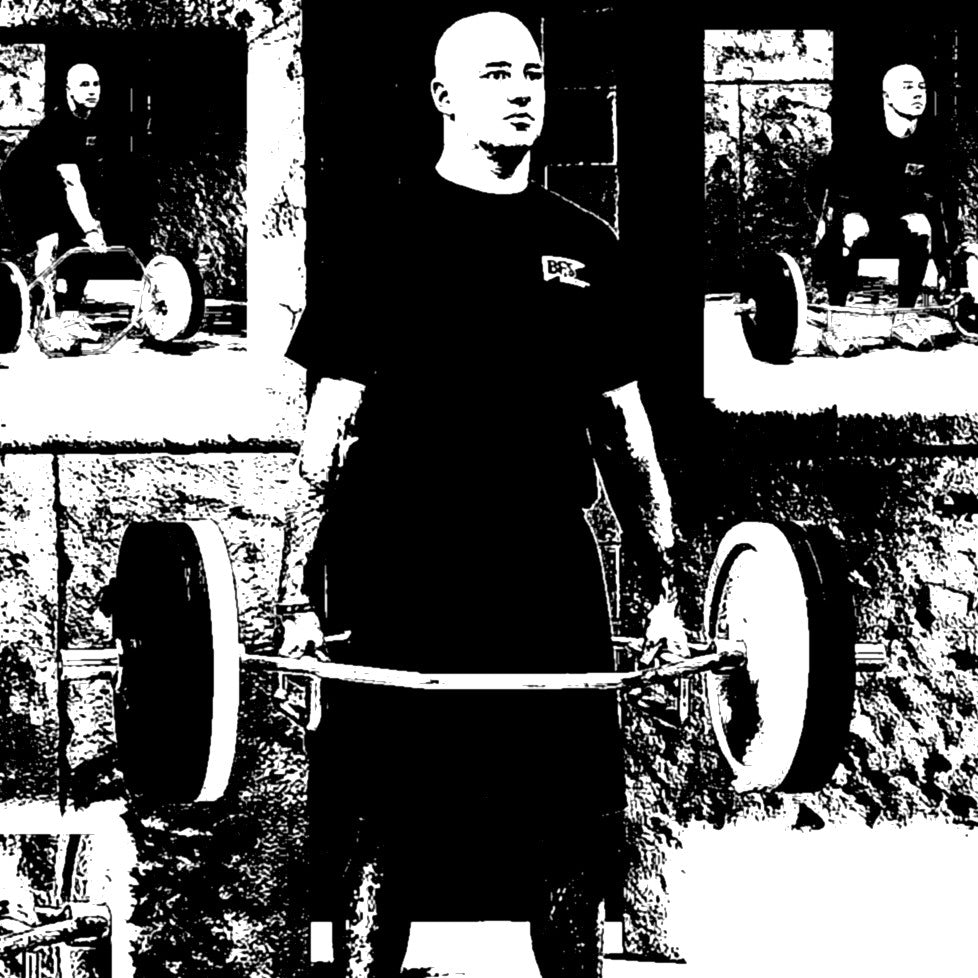Pick Your Spots


Originally Published in the July 2016 BFS Magazine
In working with high school athletes in my area, one challenge I’ve found is convincing coaches that it’s important to lift hard in-season. It’s a message that BFS has been preaching for the past 40 years.
Take the example of track and field, specifically high school sports where I live. There is the indoor season, the outdoor season, and in the summer the sport can continue with amateur competitions run by the AAU and USTAF. Let’s break down the outdoor season.
First, there are the dual meets, held on Saturday, which have schools compete against a neighboring school in their division. These are important, so coaches don’t want their athletes to be lifting hard later in the week – if at all. Usually there are four of these.
On the weekends where there is no dual meet, there are invitational meets that allow athletes in lower division schools to compete against tougher competitions – these are especially important for athletes in the lower divisions as they draw attention of the schools offering scholarships. So it’s important to back of training on the weeks those competitions are held.
As the season progresses you have the state championships, multiple-state championships, and then national championships. All of these competitions are important, so again, the athletes need to back off the heavy iron during the weeks those competitions are held. Often, coaches will not do any weight training during those weeks.
The problem here is that by attempting to peak for all these competitions, you can’t reach the highest peak for the most important competitions. The best an athlete can do is maintain whatever strength they developed before the season started. What’s the answer?
I came across an article written by BFS founder Dr. Greg Shepard more than 30 years ago. He shared the following advice about in-season training, advice that BFS still promotes today:
1. Train just twice a week
2. Train for just 30 minutes
3. Do the BFS Core lifts and no more than two auxiliary lifts
4. Follow the BFS Set-Rep Program
5. Progress! Don’t be satisfied with maintaining.
On that last point, Coach Shepard said that it’s important for high school athletes not to follow the training systems of college athletes. “The philosophy of maintaining in college is acceptable, but it is loaded with big problems at the high school levels. A college athlete normally plays only one sport. If a high school athlete plays multiple sports, what is he or she going to do – maintain all year? Let your competition do that. Don’t be satisfied with maintaining. Get going! It’s fun to get stronger. You’ll play better, feel better and be more confident.”
Kim Goss, MS
Editor in Chief, BFS magazine
kim@bfsmail.com

Comments
Sean said:
Bfs